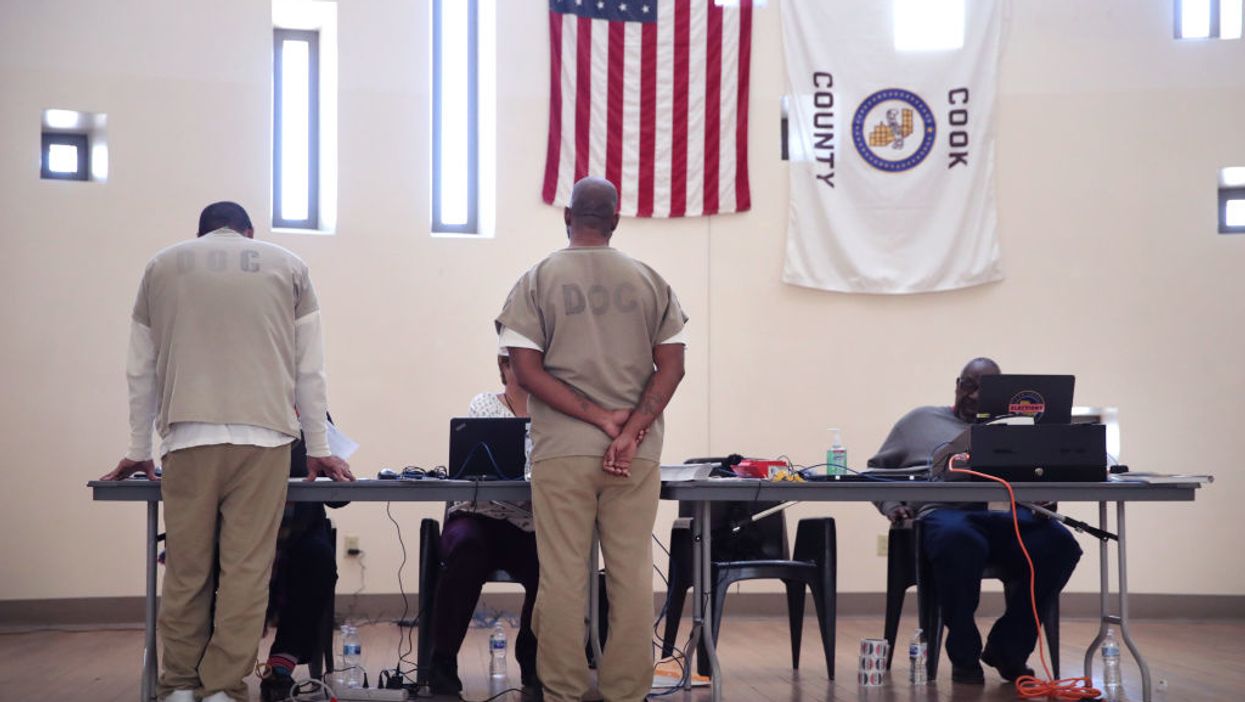Colorado has become the eighth state to end prison gerrymandering, meaning prisoners will be counted for redistricting purposes at the last place they lived instead of at the site of their incarceration.
Gov. Jared Polis signed that switch into law last week after the bill was passed by his fellow Democrats in control of the General Assembly. New Jersey passed similar legislation earlier this year, and nearly a dozen other states are considering bills, according to the Prison Policy Initiative's Prison Gerrymandering Project.
Proponents of the change say counting people where they are imprisoned when drawing congressional, state legislative and local government districts unfairly shifts power to rural districts at the expense of urban areas where a majority of the prisoners are from.
Those representing areas where prisons are located disagree, saying they deserve a greater share of government services — often tied to the population totals reported by the census once a decade — because of the people housed in prison.
The Colorado law addresses congressional and state legislative districts; counting people at their last place of residence will remain optional for some forms of local redistricting.
Advocates for ending all forms of prison gerrymandering say that elected officials whose districts include prisons often do not treat inmates as constituents.
The sponsors of the Colorado bill said they asked members who represent areas with prisons in the state whether any had held a town hall at a correctional facility. None had.




















